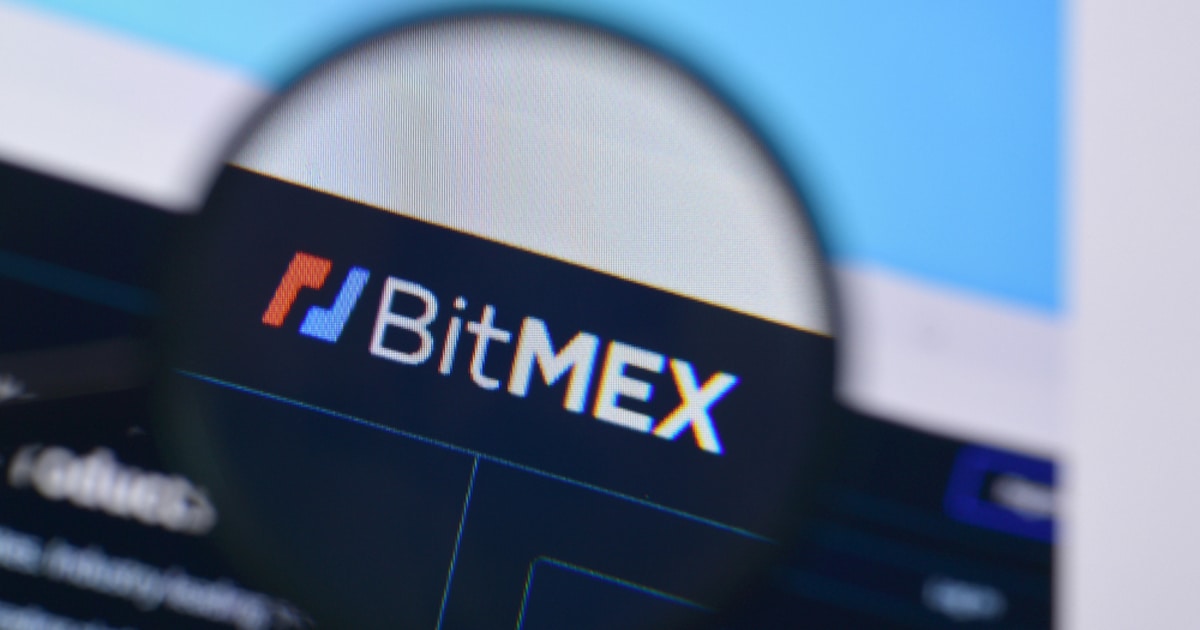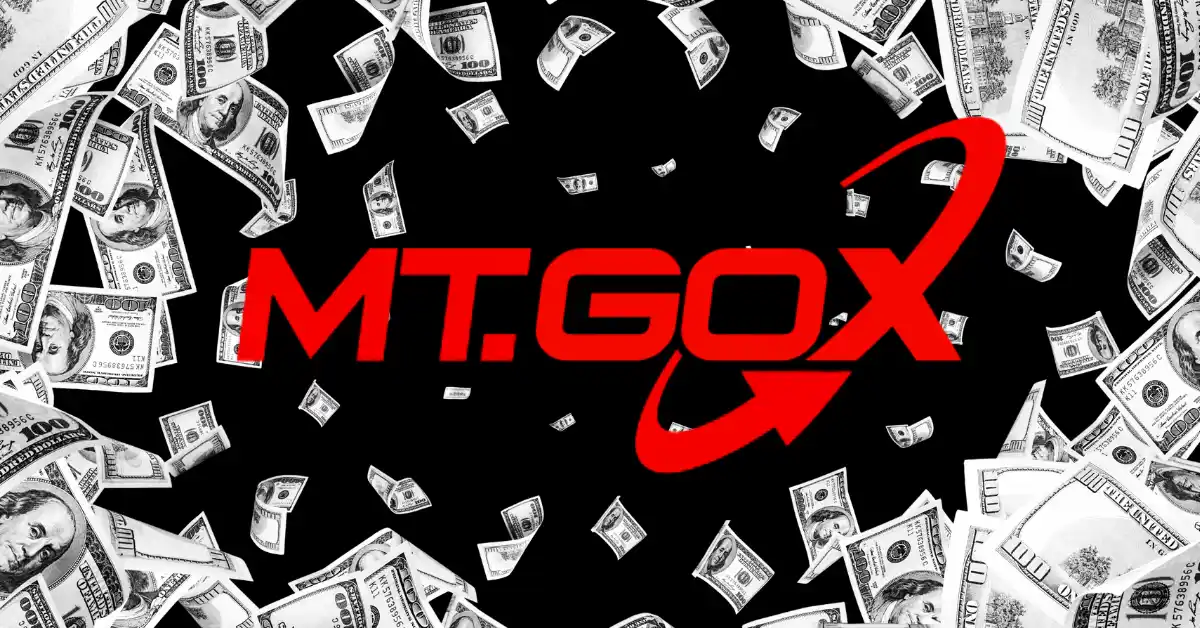Following several federal and state lawsuits filed against cryptocurrency companies, a bill regulating digital assets such as Bitcoin and Ethereum in Illinois could see renewed action.
House Bill 3479 received some Republican support in the House in a 90-21 April vote, yet was never advanced in the Senate before the spring session adjourned. Backers of the legislation say it will be workshopped over the summer to possibly see voting action during the veto session in late October.
Related:Cannabis regulatory reform bill fails to advance in spring legislative session
Bill sponsor Rep. Mark Walker, D-Arlington Heights, said during floor debate that the bill has been in the works for two years. A string of bankruptcies of major crypto companies such as a FTX last November, prompted the need for fiscal stability in the industry.
“If we can get stability within these products and these companies we can add stability to our entire banking system and put them in a situation where they don’t have to be bailed out,” he said.
Sen. Laura Ellman, D-Naperville, is leading the bill in the Senate, where it was not moved out of the Senate Assignments Committee during the last month of session. Amid a frenzied, albeit extended, blitz to adjournment, she said not enough time was granted to flesh out the bill with fellow senators.
Giving consumers a greater sense for the risks involved in investments is important, Ellman told The State Journal-Register on Friday, and therefore more trust between all parties.
“They have proper accounting, proper reporting and safeguard to the people who have confidence in giving their money in exchange for cryptocurrency,” she said of the bill.
HB 3479 would create the Uniform Money Transmission Modernization Act and Digital Assets Regulation Act, where the Department of Financial and Professional Regulation Secretary would issue annual licenses and overall regulate digital asset business activity in the state.
Licensees found in violation could receive cease and desist orders from the department and penalties of up-to $1,000 per violation.
The challenge for the bill and others attempting to be passed during veto session would be a three-fifths voting majority required from the Senate for the bill to go into effect immediately after the governor signs it into law. As written, all provisions of HB 3479 would go into effect immediately with exception for the changes to the Transmitters of Money Act starting January 2025.
Opponents such as Chicago-based Global DCA do support regulations, but say the bill goes too far and has too broad of a definition of what a digital asset is. The Illinois Credit Union League also moved its opponent position to neutral after an amendment clarified that the regulations would not apply to credit unions.
“I think what it is on the pathway to creating a sound, legal and regulatory environment, but there’s still a lot of work to be done,” Global DCA CEO Gabriella Kusz said in a phone interview last week.
On Tuesday, the Illinois Secretary of State office announced it would be joining nine other states in filing suit against crypto exchange platform Coinbase Global.
The suit claims Coinbase did not register its staking offerings – a process where digital assets are stored on a blockchain – with the SOS Securities Department, thus keeping investors in the dark with any risks involved with investments in the company.
“This action will protect consumers and investors to ensure they can make informed and safe decisions in Illinois and across the nation,” Secretary of State Alexi Giannoulias said in a statement. “Illinoisans who invest their money in Coinbase or any other digital asset trading business deserve both security and transparency and my office intends to hold crypto companies to the highest standards.”
Of Coinbase’s nearly 3.5 million accounts holding staking offerings, the SOS office estimates that more than 140,000 were issued to Illinois investors. These investors, however, will not be protected from Coinbase’s losses since Coinbase is not a member of the Federal Deposit Insurance Corporation or Securities Investor Protection Corporation.
Contact Patrick Keck: 312-549-9340, pkeck@gannett.com, twitter.com/@pkeckreporter.
Credit: Source link















































